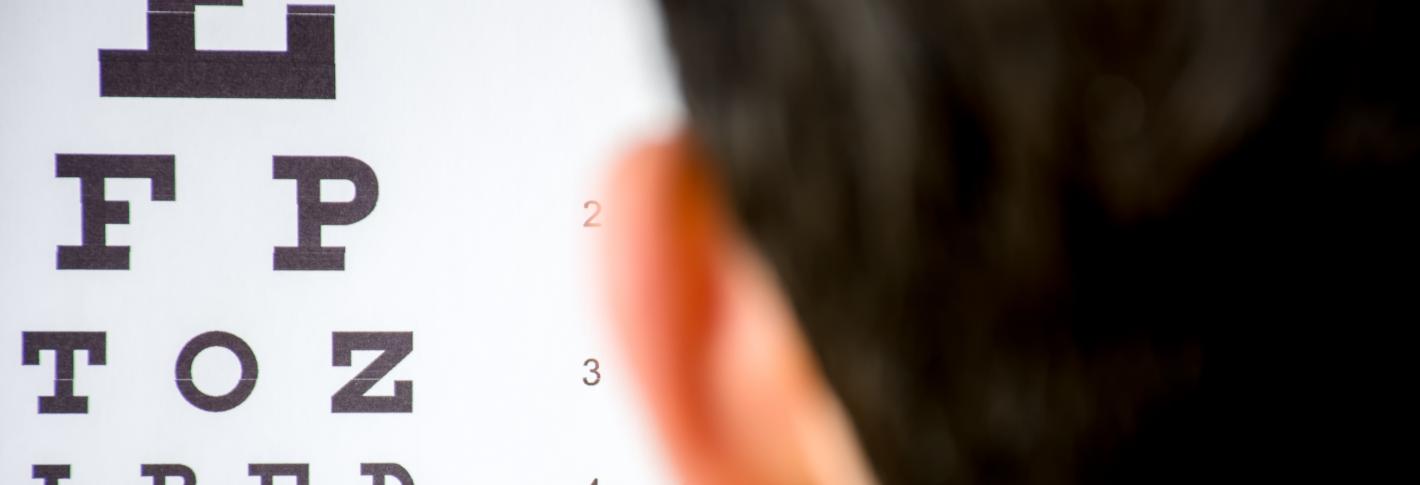
Research to Prevent Blindness (RPB) has granted Picower Professor Mark F. Bear a $100,000 RPB Walt and Lilly Disney Award for Amblyopia Research to support his work on a potential treatment for the disorder, the most common cause of lost vision starting in childhood, affecting millions around the world. The support is provided over a two-year period.
Amblyopia emerges early in development when vision in one eye is impaired, for instance by a cataract or other impediment. Traditional therapy for amblyopia involves correcting the impediment and then covering the “good” eye with a patch to promote use of the formerly compromised eye. This treatment can help, but often only restores vision partially and becomes ineffective after about age 8.
The Disney Award was established in 2002 to strengthen and support amblyopia research. To date, the program has given awards to 26 vision research scientists at universities across the country.
In decades of investigating the development of visual cortex, Bear’s lab has discovered fundamental mechanisms of how amblyopia emerges in the brain, leading to a new potential therapy. They showed that when an eye is deprived of normal vision, the connections from that eye to visual cortex undergo a process called “long-term depression” (LTD). But Bear’s lab has also discovered that these connections can be rejuvenated when inputs are temporarily silenced entirely. In collaboration with researchers at Dalhousie University, his lab has shown in multiple animal models that “rebooting” a formerly deprived eye can occur after brief treatment of the retinas with a local anesthetic. This procedure restores vision much more fully than patch therapy, even at an adult age.
The new award will help the lab continue testing this approach for translation to clinical use in people, said Bear, an investigator in The Picower Institute for Learning and Memory at MIT.
“I am honored to receive this prestigious award, which will accelerate progress toward translating our discoveries in animals to develop new treatments for amblyopia based on the fundamental principles of synaptic plasticity I have spent my life working to elucidate,” said Bear, who is also a faculty member in MIT’s Department of Brain and Cognitive Sciences.





